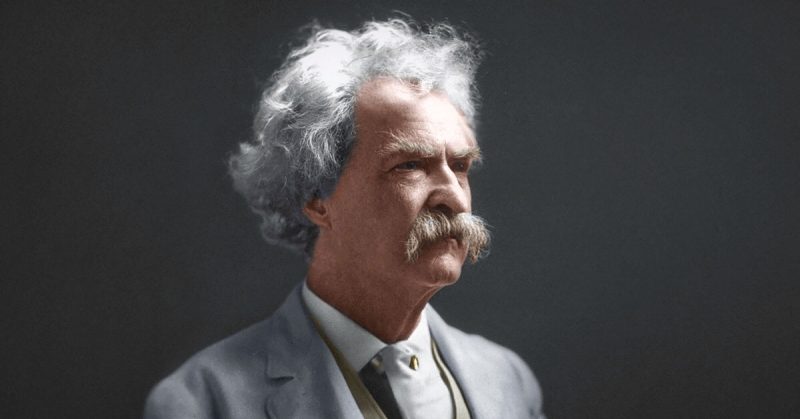“Travel is fatal to prejudice, bigotry, and narrow-mindedness, and many of our people need it sorely on these accounts. Broad, wholesome, and charitable views of men and things cannot be acquired by vegetating in one little corner of the earth all one’s lifetime.” – Mark Twain
“The gentle reader will never, never know what a consummate ass he can become until he goes abroad.” – also Mark Twain
Mark Twain is the author of some of the greatest American novels, but when he was alive, he was known more for his travel books, according to the NPR show Here and Now. In 1866, he made his first trip “abroad” to Hawaii, staying for five months.
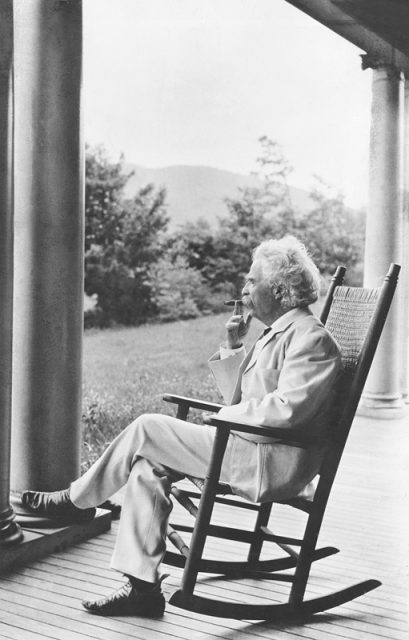
Even prior to that trip, he was a seasoned traveler around the US. He had been all around the country, working as everything from a steamboat pilot, to a printer, to a writer.
According to Biography, in 1861, he left Missouri for the West, for Nevada and California, first trying his hand at prospecting and ultimately ending up as a reporter.
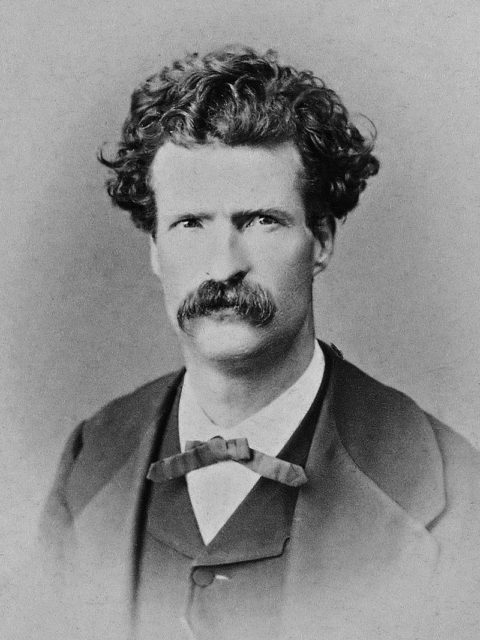
He began to achieve some success and had developed his own unique narrative style, which was approachable, irreverent, and satirical.
After that, he spent most of the next 12 years traveling around the globe, making dozens of separate transatlantic crossings and exploring vast swaths of Europe, Asia, and Africa.
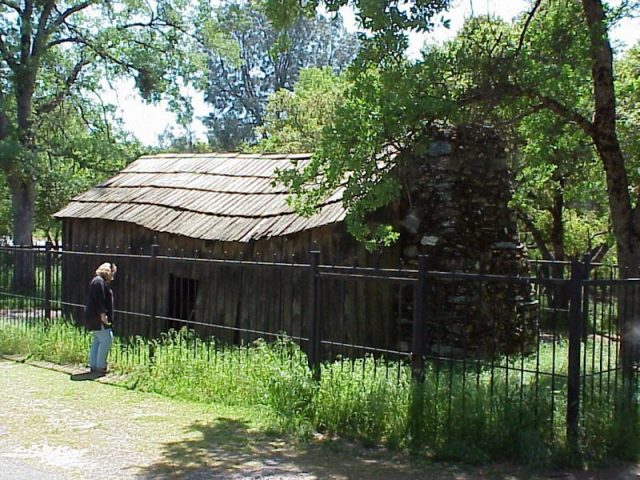
He had a deep need to see new things and have new experiences and, as the first quote above states, he felt there was immense, inherent value in broadening one’s horizons.
Twain wrote three books that outlined his travels around the world: The Innocents Abroad, A Tramp Abroad, and Following the Equator.
The books are evenly distributed through his writing career and address not only his life during the timespan covered in each book but also how travel can change people’s perspectives on the world, including his own.
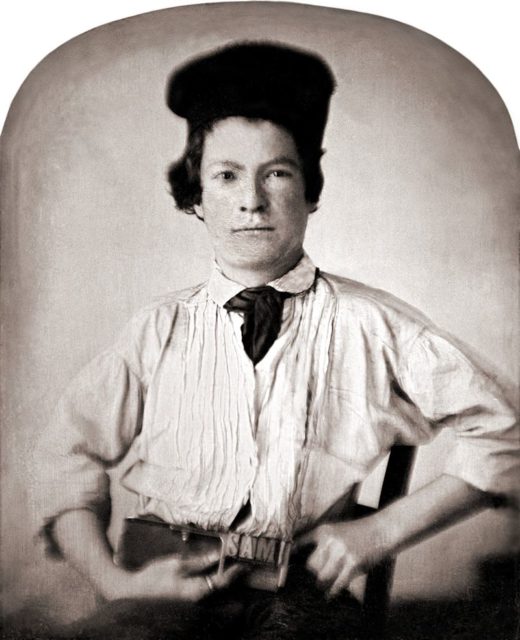
In 1867, he took a five-month cruise around the Mediterranean, writing humorous articles for American newspapers about the sights and experiences.
This led to his publishing The Innocents Abroad, which chronicled his “Great Pleasure Excursion” on the charter vessel Quaker City, making a trip through Europe and the Holy Land with a group of other American travelers.
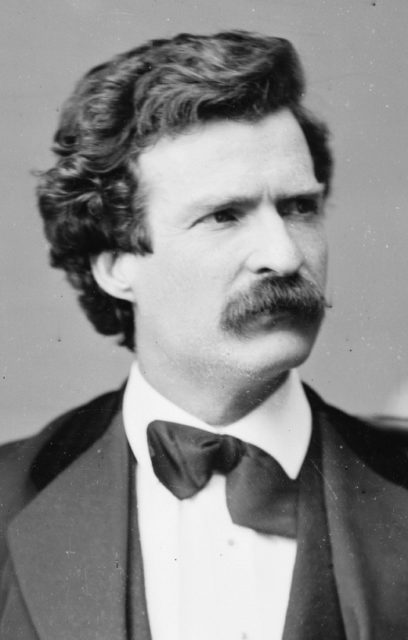
Twain didn’t come from a cultured upbringing. He grew up in Hannibal, Missouri, the sixth of seventh children in a family that frequently struggled financially. He wasn’t highly educated or sophisticated and neither were his traveling companions.
In many ways, he embodied the values of the America of his time — he was brash, independent, outspoken, and all of those traits were evident in this book.
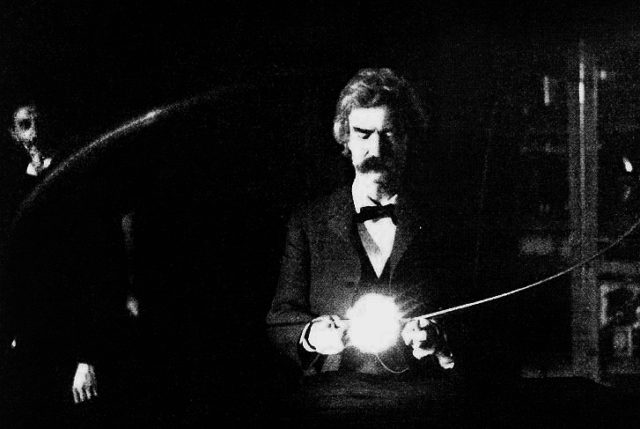
The second quote above is from The Innocents Abroad and reflects Twain’s views likening American tourists to the Vandals, the wandering Germanic tribe that sacked Rome.
He satirically described the American Vandal in ways that showed the best and the worst of the American mindset – brazen, often unimpressed with the local environment, and tending to rely on guidebooks to tell them how they should respond to the things they were seeing and experiencing.
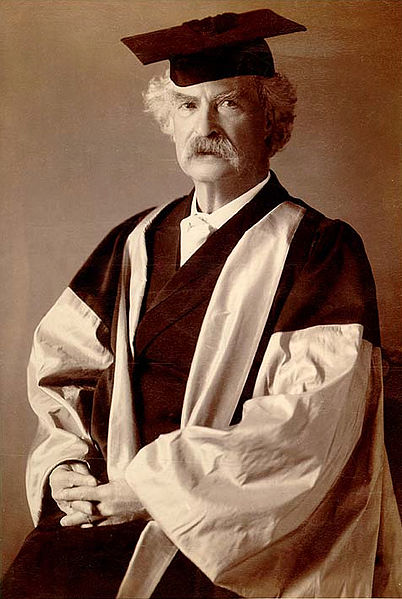
The American Vandal combined both fairly cheerful ignorance and disregard of the broader world with a desire to collect whatever historical or religious objects they could obtain along the way.
And yet, even if he saw himself and other new world travelers in that light, he also saw the underlying desire, in himself and others, to come to a broader understanding of, and connection with, the wider world.
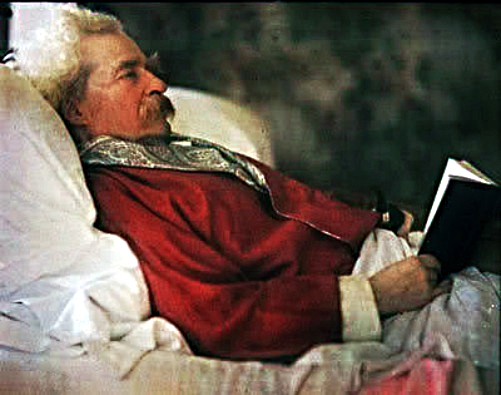
The two subsequent books are perhaps less widely known than the first, but continue to demonstrate his evolution as both a traveler and a thinker.
A Tramp Abroad covers his experiences on a “walking tour” through France, Germany, and Switzerland and portrays a traveler who has gained confidence and self-sufficiency with regard to moving around outside the usual boundaries of his world.
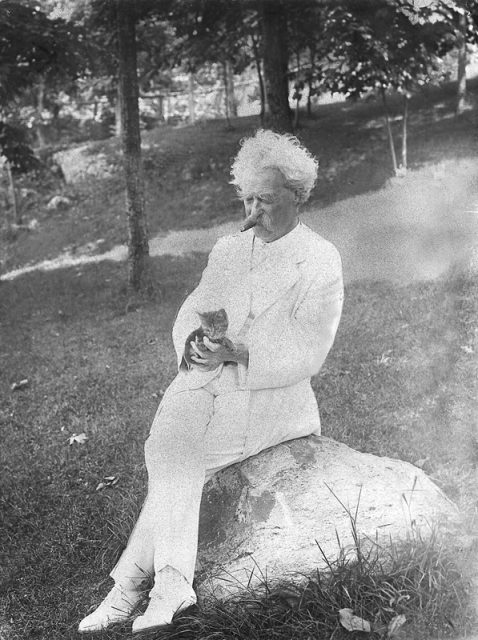
Following the Equator is a more serious look at his around-the-world lecture tour in 1895 and 1896, by which time he was an international celebrity.
https://www.youtube.com/watch?v=HqBxlClKlGc
Through all of his travels and explorations, he remained a writer and storyteller. He continued to publish and give lectures. Despite that, his life still had struggles. Finances were an issue. He and his wife lost three children, one of whom died while Twain was traveling.
His wife also died while he was abroad, in 1901. In his later life, he lost all interest in further travels and suffered from fits of rage and depression before his eventual death in 1910. The American Vandal roamed no more.
